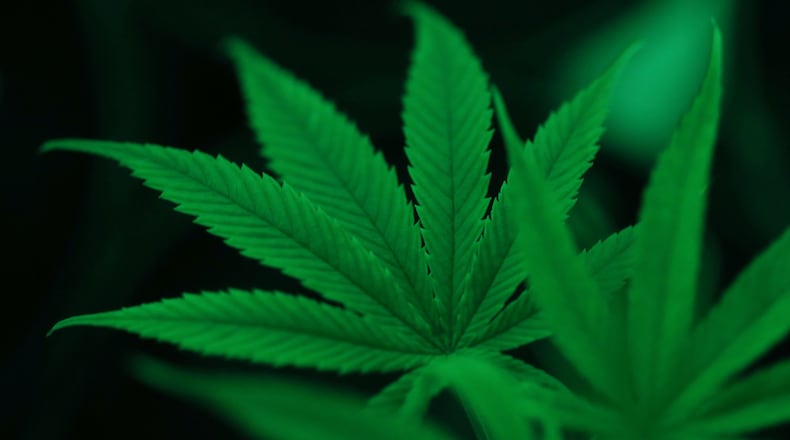The Ohio Board of Pharmacy is setting up a patient registry that is expected to open this summer.
Related: Medical marijuana troubles Ohio doctors
Thomas Rosenberger, director of the National Cannabis Industry Association of Ohio, said market research indicates 200,000 to 300,000 patients will initially sign up and that number will grow to half a million by 2019. He added that he expects 700 to 1,000 doctors will likely be certified in the early stages of the program.
In November 2015, Ohio voters rejected a ballot issue calling for legalization of medical and recreational marijuana. But strong public support for medical marijuana as well as the threat of another ballot issue prompted lawmakers to craft a legal medical marijuana law in 2016.
Related: Controversy, legal threats mar medical marijuana launch in Ohio
In June 2016, Kasich signed a bill into law that authorizes use by patients with 21 conditions, including cancer or chronic pain, in the form of edibles, oils, patches and vaporizing. Patients and their caregivers will be allowed to possess up to a 90 day supply. Smoking or home growing it is barred.
In 2017 and this year, regulators with the Medical Marijuana Control Program have been writing rules for growers, processors, testing labs, dispensaries, patients and caregivers as well as reviewing and scoring applications for licenses. It is expected to be fully operational by September 2018.
About the Author

